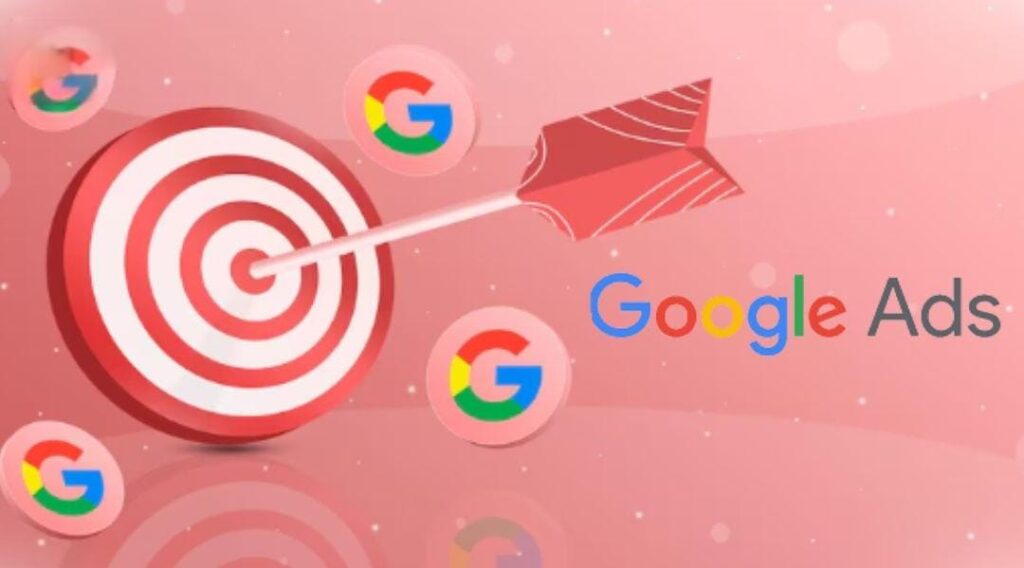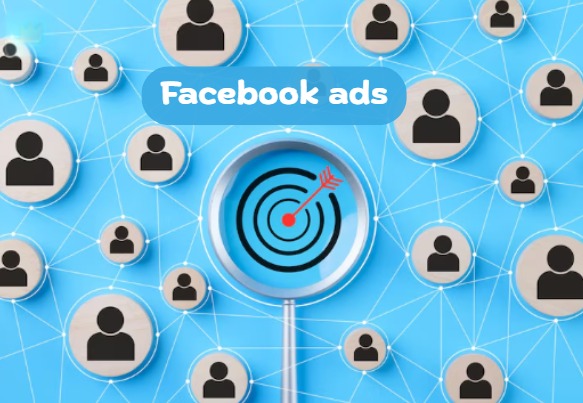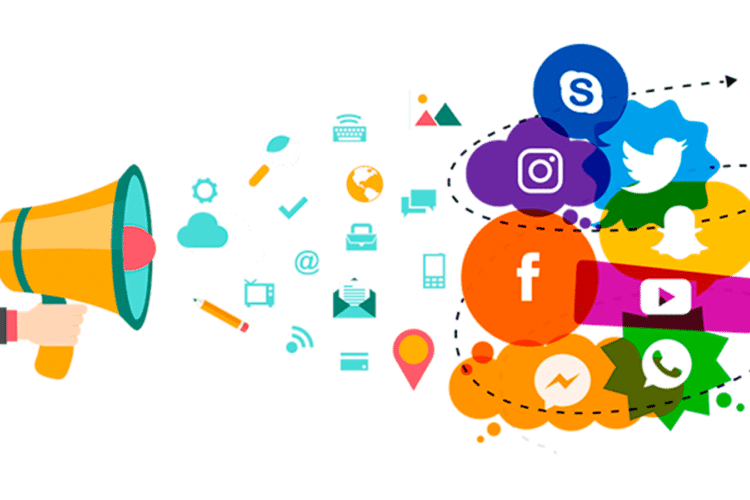
Google Ads vs Facebook Ads is an ongoing debate in the digital marketing world. Each platform brings distinct advantages depending on your campaign goals, audience behavior, and budget. While one focuses on high-intent search queries, the other excels at creative, interest-based targeting.
The real question isn’t which platform is better, but which one aligns more closely with your business objectives. When used together effectively, these advertising giants can fuel massive growth in visibility, engagement, and conversions.
A Closer Look at Both Platforms: Identify Your Audience, Preferences, and Objectives:-
1. Fundamentals First :-
Google Ads: Marketing in the Moment:- Google Adwords now called Google Ads consists of purchasing advertising spots through the Google search engine and their display network. Google Ads is intent driven, meaning that users are targeting specific users who are already searching for available solutions to problems.
Best Digital Marketing Agency near me is a user’s query. The ad pops up at the very top. Advertisements on Facebook (and Instagram, Messenger, etc. referred to as Facebook Ads) place more focus on targeting based on interests. You are targeting users based on age, interests, and their online activities whether or not they are in the market for your product or service.
Illustration: An individual considering starting an online enterprise may come across your advertisement for marketing and could access your ad while surfing their social media feeds.
2. Audience Targeting:- Who Does It Better?
Facebook Ads:-
Facebook Ads shine when it comes to detailed demographic targeting. You can filter by age, lifestyle, location, job roles, interests, and even relationship status. Features like Lookalike Audiences also help brands reach new users similar to their existing customers.
Google Ads :-

Google Ads target users by search intent—what they’re typing into the search bar. You can refine this further with keyword selection, device types, locations, and past user actions.
Winner:-
● For advanced targeting by awareness and demographics, Facebook is the winner.
● To capture customers that are fully ready to buy, Google wins.
3. Cost Comparison: Budget-Friendly or ROI-Heavy?
In terms of Cost-Per-Click (CPC), Google Ads tends to be pricier, especially in competitive niches. Poorly managed campaigns can quickly spiral out of budget. However, when targeting high-intent keywords, the ROI is typically stronger.
Facebook Ads generally offer lower CPCs and CPMs, making them perfect for brands with limited budgets or those just starting out. They also excel in boosting engagement without breaking the bank.
Winner:-
- Facebook for affordability and experimentation.
- Google for ROI-driven bottom-funnel conversions.
4. Ad Formats: Text vs Visuals
Creativity and Flexibility
Google Ads:-
Google Ads include text search ads, display banners, YouTube video placements, and shopping ads. These formats perform well in capturing direct intent.
Facebook Ads:-

Meanwhile, Facebook Ads offer a wide variety: images, videos, carousels, slideshows, instant experiences, and more. The platform’s visual nature makes it a playground for creative storytelling.
Winner:-
Facebook dominates with its diverse, immersive ad formats.
5. User Intent: Active vs Passive Browsing
Google users are actively searching for a product or service—making them more likely to convert. It’s great for immediate action.
Conversely, Facebook users tend to passively browse, making it an ideal space for brand discovery and long-term awareness.
Best Use:
- Use Google Ads for instant leads.
- Use Facebook Ads to nurture relationships and build recognition.
6. Conversion Tracking and Analytics
Both platforms provide comprehensive analytics, but differ in setup and insights.
● Google Ads is heavily integrated with Google Analytics for tracking keyword performance, attribution, and other details.
● Facebook offers an intuitive interface with Facebook Ads Manager for tracking engagement, reach, and conversion events with the Facebook Pixel.
Winner:-
It’s both platforms. Each provides strong tracking but Google wins in attribution accuracy and keyword level analysis.
7. Scalability: Growing with the Platform
Growing Your Ad Campaigns Both systems have the capacity to increase and grow, but in different respects.
● With Google Ads, expansion is best when targeting several keyword groups or geographical regions.
● With Facebook Ads, expansion is achieved via lookalike audiences, custom audiences, and automatic placements.
Tip:- After winning on one platform, scale using retargeting and A/B testing to amplify results.
8. B2B Versus B2C:-
Which one platform wins?
● Google Ads are better for B2B businesses who, in most cases, tend to perform better on B2B campaigns, particularly for lead generation in service-based businesses.
● B2C brands, especially those in fashion, beauty, fitness, and lifestyle, do well on Facebook and Instagram because these platforms are visually appealing and nourish impulse buying.
This distinction further emphasizes how the Google Ads vs Facebook Ads decision largely depends on your business model.
9. Speed of Results: Fast or Foundational?
● As soon as your campaign is launched, Google Ads begins driving traffic—making it a great choice for instant visibility.
● Facebook Ads will take a while to optimize since their algorithm needs to learn your audience first.
If you are looking for instant leads, Google is the one to start with.
If you are looking to build audience relationships over time, Facebook is the one to go to.
10.Remarketing Power: Don’t Lose Potential Customers
Retargeting works wonders on both platforms—each with its own strengths.
Google Ads excels on YouTube and the Display Network by targeting users who abandoned carts or visited your site.
Facebook Ads retarget based on post interactions, video views, or website visits, making it perfect for building familiarity.
Best Strategy: Use both! Combine Google’s bottom-funnel precision with Facebook’s brand retargeting.
Final Thoughts:-
Google Ads vs Facebook Ads – Which One Should You Choose?
Honestly, there is no definitive answer to that. Both platforms are exceptional in their own ways, but the decision comes down to:
● Your campaign goals
● Audience type
● Budget size
● Urgency of results
So, what now?
👉 Go for Google Ads if you want immediate results from users actively seeking your product.
👉 Choose Facebook Ads if you aim to build an audience, tell your brand story, or grow organically over time.
👉 Use both together for maximum impact—Google for demand capture, Facebook for demand generation.





